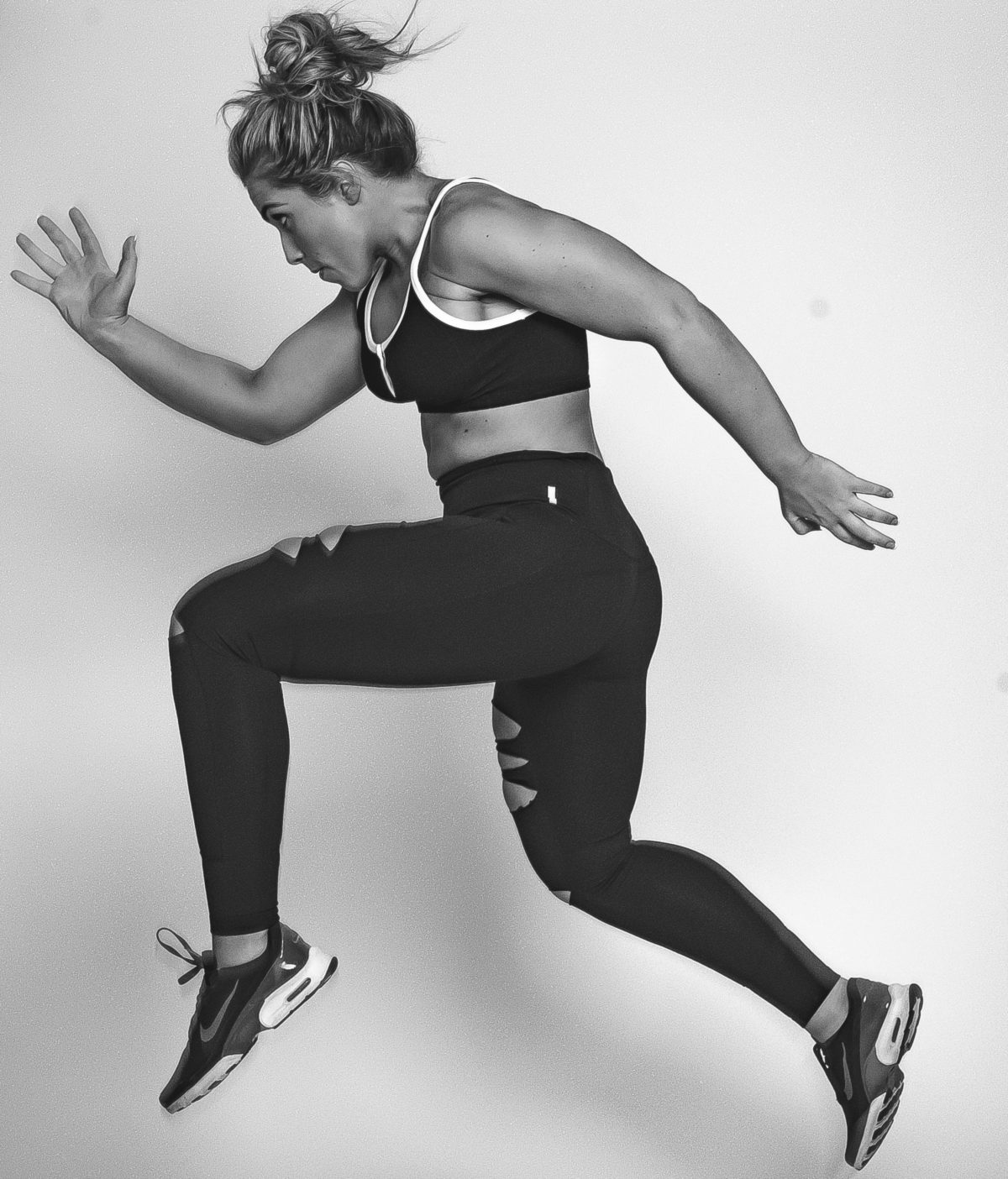There are several features that make a good athlete. And they’re certainly not all about physical fitness. Since we are a CrossFit box, we will mostly be talking about those who are members of a box/follow the CrossFit methodology. But personally I believe this applies to all fitness avenues.
First, being a member of a box automatically classifies you as an athlete in my book. Doesn’t matter if you have never been to a competition, and you may not ever want to. That’s fine. You are an athlete because you compete against others daily. When you come to the box and see the WOD, you are already deciding how you are going to attack it to give you the best results. Then you complete that WOD with others trying to beat you and you trying to beat them. That is competition – plain and simple.
However, you can be more than just an athlete. You can be a good athlete.
Coaches like good athletes
I don’t mean those with the fastest times, or heaviest weights. I mean those athletes who put effort in.
They show up, they pay attention. They put effort in both in and out of the gym, they respect their limits, and they work towards their goals.
Long before CrossFit was my job, it was my hobby. But before that, health and fitness was a hobby of mine. I enjoy spending time, effort, and money on CrossFit.
Over the years of this being my hobby, I have learned that athletes like coaches have a responsibility. Athletes must take ownership of their training, not because they owe it to the coach or the box but they owe it to themselves. So what responsibilities do athletes have?
Making time in their schedule to workout
I get it, life sometimes happens and makes it hard to workout.
But if you want to improve your health, or maintain your fitness you might have to make certain sacrifices.
Waking up early, or telling your friend dinner will just need to be at 7 instead of 6 so that you can workout is not the end of the world. It’s important to prioritize working out.
Deciding what food to eat or not eat makes a good athlete
If I told you there was a magic pill that could make you healthier, fitter, feel better during and after your workouts, improve your sleep, help make you happier, get rid of a large amount of medications, and give you the body you have always dreamed of, you would without a doubt pop that pill.
Guess what, that pill exists. It is food.
Making the proper choices, along with sleep and exercise, will give you that dream body.
Knowing which weights to use and when to scale back the intensity
Everyone wants to Rx a metcon, lift heavy weights, or get the most reps. But learning and knowing when that is good and when it is bad is important.
Now, of course as a new athlete, you won’t know or have an idea. This is when it is your coaches responsibility. But after a while it becomes your responsibility.
If you know your 3 rep max thruster weight is 115 lbs, attempting Kalsu Rx isn’t smart and in fact it can be dangerous. I think I speak for all coaches when I say they would much rather you scale back and not get hurt than go Rx and hurt yourself or lose the stimulus of the WOD.
Providing proper and accurate feedback to the coach makes a good athlete
I try to make sure and ask all of my athletes how they feel before or during the warm-up. I also try to ask them how their lifts are feeling and then I even check after the metcon to see how it was for them.
I am sure they hate it, but it allows me to determine if something should be modified that day or in the future. My responsibility as a coach is to coach, the only way I can do that effectively is to have feedback.
Good athletes listen to their bodies
Some days are tough. You’re sore, you ate a whole large pizza by yourself the night before. You didn’t sleep well. Work is stressing you out. You have an injury that is not healed yet.
No one knows your body as well as you.
Pain is how your body communicates with you. There is strength in being able to push past the uncomfortable WODs but there is a different strength in being able to know when your body has had enough. Listen to your body.

